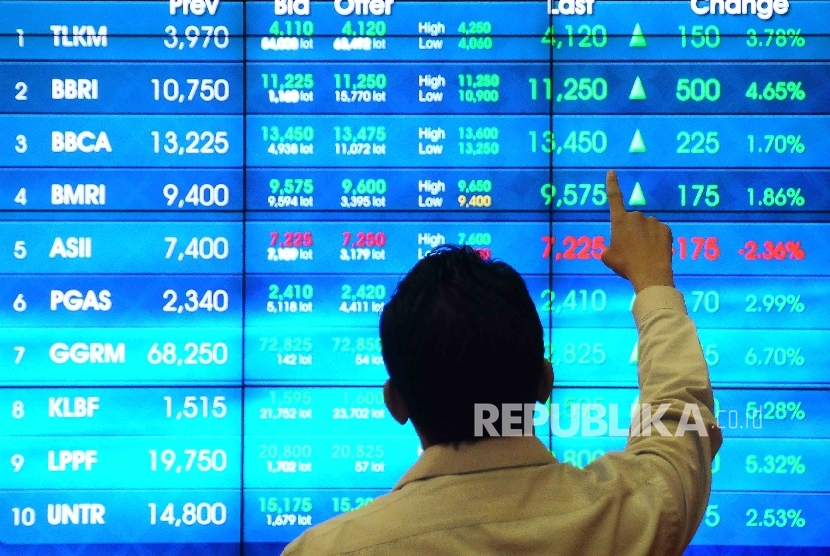REPUBLIKA.CO.ID, NUSA DUA -- The President of the Federal Reserve Bank of New York, William C Dudley, has said the US monetary policy will be implemented carefully and will be adjusted as per the current economic growth.
"We believe that the formulation of the US monetary policy is the best way to support sustainable growth and external development," Dudley stated in his speech at an international seminar here on Monday.
The seminar, organized jointly by the central Bank of Indonesia and the Federal Reserve Bank of New York, was titled ?Managing Stability and Growth Amid Economic and Monetary Divergence.
The seminar is part of a series under the 21st Central Bank Executives Meeting of East Asia and the Pacific (EMEAP).
Dudley explained that the US considers two key ingredients in its monetary policy strategy: expansive global economic ecosystem and clear communication.
According to him, these two aspects are important as the US monetary policy has consequences for other countries and global economic growth.
"We do not make monetary policy projections and its implementation statistically because if there is an economic change, then the monetary policy needs to be changed," Dudley remarked.
He did not clearly mention the possibility of the US monetary policy tightening in response to the global economic dynamics which continues to slowdown and influence the US economy.
"It's too early to rule out tightening of the monetary policy again this year, because conditions are very dependent on data and this is not something that can be predicted accurately," he added.
The international seminar was opened by the Governor of Bank of Indonesia, Agus Martowardojo, and was attended by speakers such as the Governor of the Reserve Bank of India, Raghuram Rajan, the Chairman of the Swiss National Bank, Thomas Jordan, and the IMF Deputy Managing Director, Mitsuhiro Furusawa.
The Indonesian former Vice President, Boediono, also attended the seminar.
The event is expected to serve as a forum for exchange of ideas between developed and developing countries in finding solutions to face global challenges after the crisis.


